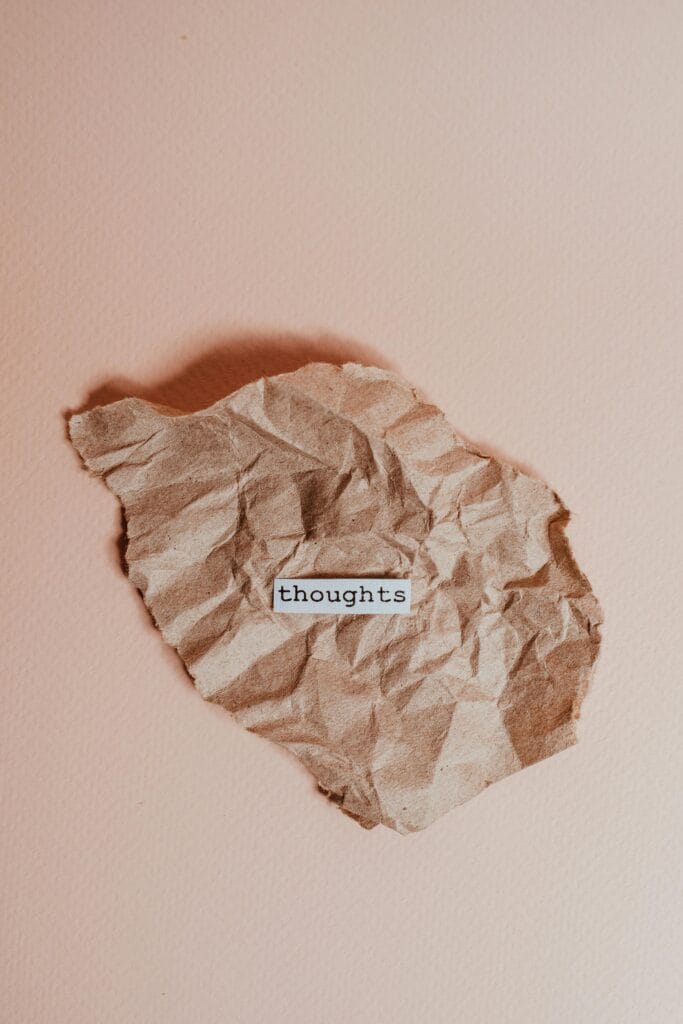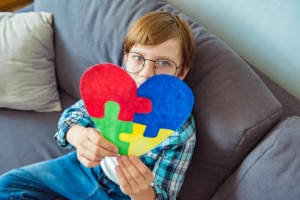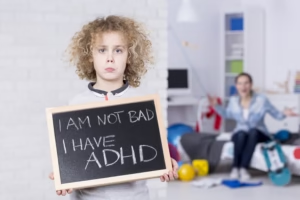What if everything you thought about mental health awareness is incomplete, or even wrong? The words we use, the labels we assign, and the way we talk about mental health all shape the way we understand it. But what if there’s a better way, one that offers more hope and more freedom? This is what a borderline personality therapist in Houston can offer.
The Role of Labels in Mental Health Awareness
“Bipolar disorder.” “Anxiety.” “Depression.” These are common labels we use in mental health awareness campaigns, in conversations, and even in everyday language. At first glance, these terms sound medical, like you’d use to describe a broken arm or the flu. But do these words really describe what’s happening inside us, or are they just a way of organizing complex human struggles?
If you think about pneumonia, you know it’s a lung infection and can see clear signs like a cough or fever. With the flu, a virus is the culprit. But with mental health labels, the cause isn’t always so clear. Instead, we’re often grouping together feelings and behaviors that look similar but might be very different for each person.
Beyond the Label: Is Mental Illness a “Real Thing”?
This question lies at the heart of meaningful mental health awareness: Is mental illness a real, physical thing, or is it simply a useful idea? Doctors use manuals like the DSM-5, which lists labels for different mental conditions based on checklists of behaviors and experiences. If you check enough boxes, you get a diagnosis.
This might sound precise and scientific, but it can also miss the bigger picture. Mental health awareness is not just about ticking boxes on a form or assigning a label to someone’s struggles.
The Limitations of Labels in Mental Health Awareness
Labels serve a purpose, they help us communicate and organize information. But when it comes to mental health awareness, labels can also have drawbacks:
- Labels don’t predict what will help. Two people with the same diagnosis might need totally different approaches. Unlike physical illnesses, there’s rarely a one-size-fits-all solution.
- Labels can be limiting. When someone gets a diagnosis, they might begin to see it as their entire identity: “I’m depressed, so I can’t be happy.” This way of thinking often keeps people stuck.
- Labels don’t promise a fix. Many try various treatments hoping for relief, yet a label doesn’t guarantee an answer or a path forward.
A New Way to Approach Mental Health Awareness
Instead of focusing only on diagnoses, we can look at mental health awareness through a different lens, like in Acceptance and Commitment Therapy (ACT). What if mental illness isn’t something you have forever? What if it’s just a pattern, a way of coping that isn’t working anymore?
Often, the struggle is not the feelings themselves, but the ways we try to avoid them or let them control our lives. If you keep avoiding tough feelings, they often get stronger. If you identify with your diagnosis, you might stop reaching for the things that matter to you.
Breaking Free of Self-Defeating Stories
We all tell ourselves stories. Sometimes they’re hopeful, but sometimes they keep us stuck:
- “I’ll never be happy because I have depression.”
- “I can’t make friends, I have this diagnosis.”
- “There’s no point in trying. This is just who I am.”
These stories create a prison around us, turning labels into barriers. But mental health awareness asks: what if these are just stories, not facts?

The Real Promise of Mental Health Awareness
Imagine if you could pivot—start to see that you are not your label. You are not broken. You are the actions you take, even when things are hard. This is the heart of true mental health awareness: learning new ways to live, not just chasing a diagnosis.
When you let go of old labels and stories, you make space to live better. It’s about moving toward what matters to you, even with difficult feelings in the background. This doesn’t mean your struggles magically disappear. It means you have the power to choose how you respond, moment by moment.
In Conclusion
Mental health awareness is more than a checklist. It’s learning to see struggles as normal, human patterns, not as failures to cure. It’s about developing skills to handle thoughts and feelings, so you can build a full, meaningful life.
You are not your diagnosis. You are the choices you make and the values you commit to. The goal isn’t finding the “right” label. It’s building a life you care about, right now, even when it’s hard.
Let’s move mental health awareness beyond labels, and start building a richer life, one choice at a time. Let a mental health professional in Houston help you.



